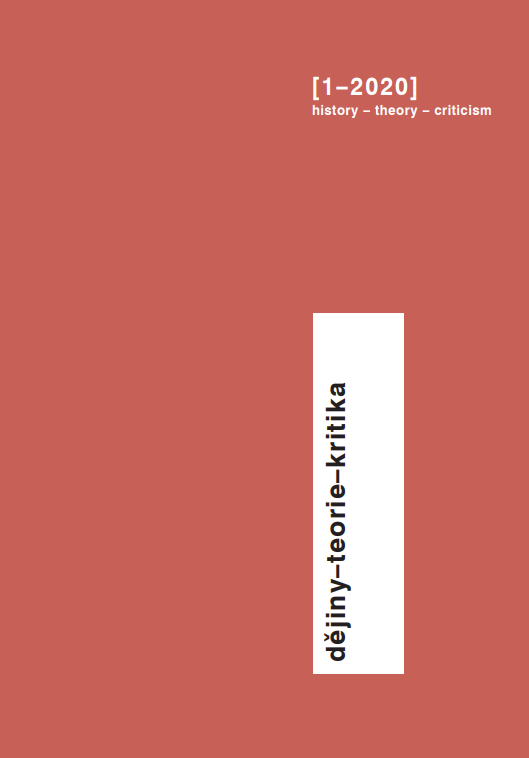A Critical Discussion or Apology?
DOI:
https://doi.org/10.14712/24645370.2898Keywords:
Ladislav Hanus, Slovak State, clerical fascists, National Socialism, Bolshevism, paternalist Catholic modernism, presentismAbstract
The present study is a reaction to Samuel Trizuljak’s criticism of inclusion of the theologian Ladislav Hanus in my book Clerical Fascists: Slovak Priests and the Temptation of Radical Politics (1935–1945) and in a broader sense also to his critique of the use of analytical category ‘clerical fascism’ in it. In my answer, I focus on the weak points of Trizuljak’s argumentation. Trizuljak fails to provide readers with basic information about the publication that is the focus of his criticism, about its structure, and about Ladislav Hanus’s place within the context of the overall concept of the monograph. He also refuses to discuss the theoretical and conceptual framework I outlined in a study published in the Historical Journal. Trizuljak utterly neglects my re-conceptualisation of the notion of ‘clerical fascism’, which is based on a strong emphasis on the level of actors, i.e. clerical fascists. Instead, he implies I make use of categories which do not in fact appear in the book. Trizuljak does not mention that Hanus is not treated in a separate chapter but only as a case to the point within a chapter. Moreover, as an alternative to my approach, Trizuljak recommends James Chappel’s concept of ‘paternalist Catholic modernism’ but even there, his approach is selective. A careful reading of Chappel’s Catholic Modern and a deeper analysis of Hanus’s key texts from 1941 show that my and Chappel’s approach are not mutually contradictory. In fact, they complement each other. In conclusion, I demonstrate that the ‘presentism’ which Trizuljak accuses me of could be applied to his own reasoning.


